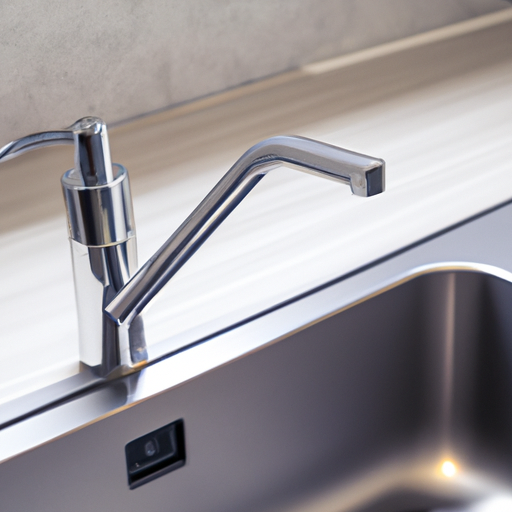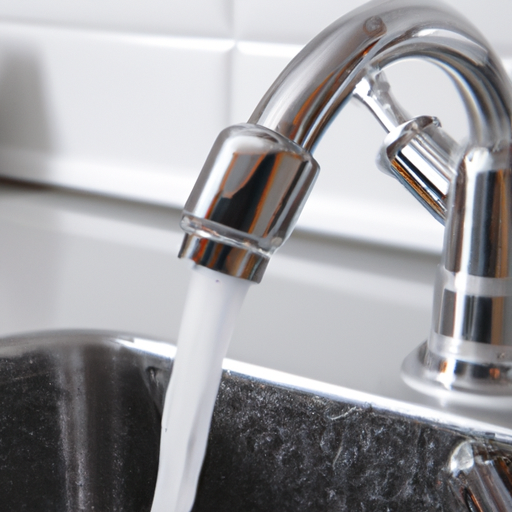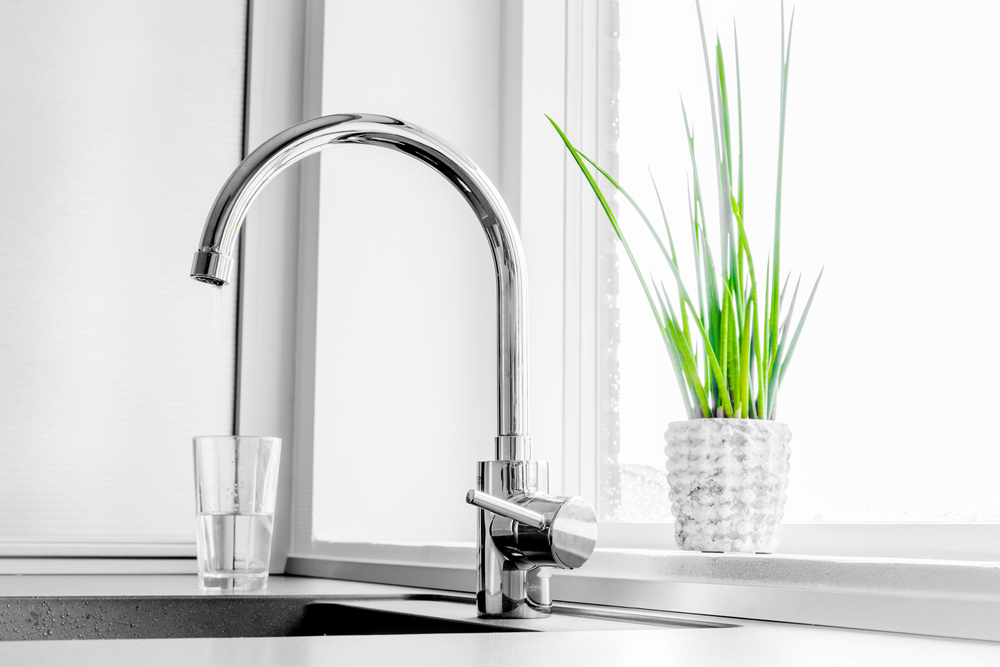Last Updated on January 26, 2023
Are you considering a boiling water tap to replace your kettle but not sure if it’s worth the cost? Well, we’ve got some answers for you! We’re going to look at how much does a boiling water tap cost to run compared with an electric kettle and what other benefits there are from having one. So don’t just boil over in confusion – let us guide you through all of the costs associated with getting yourself a new hot-water appliance that will save time and energy. It might be more than just money spent when looking into this upgrade – so stick around as we delve into why investing in a boiling water tap is totally worth it!
Table of Contents:
How Much Does a Boiling Water Tap Cost to Run?
When it comes to boiling water taps vs kettles, the cost of running them is a major factor in deciding which one to choose. Boiling water taps are becoming increasingly popular in UK households due to their convenience and efficiency. But how much does a boiling water tap actually cost to run?
To answer this question, we need to look at two factors: energy usage and electricity costs. The amount of energy used by a boiling water tap depends on its wattage rating; most models range from 2-3 kW. This means that they use around twice as much energy as an electric kettle (which typically has a 1 kW rating). However, since you don’t have to wait for the tap’s hot water supply like you do with a kettle, you can save time and money by not having to boil multiple batches of water when making tea or coffee.

Electricity costs also play an important role in determining how much it will cost you each month for your boiling water tap. According to Ofgem’s 2023 report on domestic electricity prices, the average price per kWh is 14p – so if your boiler uses 3kW of power every hour, then it would cost 42p per hour (or £1 over two hours) just for the electricity alone. If you compare this with an electric kettle which only uses 1kW per hour, then it would be 28p per hour – almost half the price.
So while there may be some initial upfront costs associated with buying and installing a boiling water tap, over time, these savings could add up significantly compared to using an electric kettle – especially if you’re regularly making multiple cups of tea or coffee throughout the day.
A boiling water tap can be a convenient and cost-effective addition to your home, but it is important to understand how much it will cost you to run. In the next section, we’ll look at whether or not investing in a boiling water tap is worth it.
Is a Boiling Water Tap Worth It?
Boiling water taps are becoming increasingly popular in UK households, and for a good reason. They offer convenience, energy efficiency, and cost savings over time. But is a boiling water tap worth it? Let’s take a look at the pros and cons to help you decide if investing in one is right for your home.
The Pros:
Convenience: Boiling water taps provide instant hot water with just the push of a button or twist of a knob. This means no more waiting around for kettles to boil – perfect for busy mornings when you need hot drinks quickly. Plus, they can be used to make cooking tasks like blanching vegetables much easier too.

Energy Efficiency: Boiling water taps are incredibly efficient as they only heat up what you use – unlike kettles which have to boil an entire pot of water each time, even if you only need one cupful. As such, they can save on energy costs over time compared to using traditional kettles.
Cost Savings: While boiling water taps may initially seem expensive compared to regular kettles, their long-term cost savings mean that they often pay for themselves within two years or less, depending on usage levels. This makes them an attractive investment option if you’re looking to save money while also enjoying all the benefits that come with having instant hot running water at your fingertips.
The Cons:
Installation Costs & Maintenance Requirements: Installing a boiling tap requires professional plumbing work, so this will add additional installation costs to the purchase price of the unit itself. In addition, most models require regular maintenance (such as descaling) in order to keep them functioning properly, so this should be factored into any budget considerations too, before making your decision about whether or not it’s worth investing in one.
Overall, boiling taps offer many advantages, including convenience, energy efficiency, and potential cost savings. However, there are some important factors that must be taken into account, such as installation costs and ongoing maintenance requirements, before deciding whether or not it is worth investing in one. Ultimately though, these handy devices could prove to be invaluable additions to any modern kitchen.
Conclusion
In conclusion, boiling water taps offer a convenient and efficient way to heat up water quickly. While they may cost more upfront than kettles, their long-term running costs are much lower. So if you’re looking for an energy-efficient solution that can save you time and money in the long run, then investing in a boiling water tap is definitely worth it!
Paul is the type of person who never met a problem he couldn’t fix. He can always be found tinkering with something in his house, even if it isn’t broken! His tips and tricks are often shared on our site. He’s the one you call when something breaks because he has been known to improvise fixes for everything from leaky faucets to malfunctioning dryers.

